Geospatial Solutions
Spatial Data
Addresses
The address database for the Baltic States, encompassing Estonia, Latvia, and Lithuania, contains a total of approximately 2.4 million records, including addresses from rural areas (farms, cadastral units). The addresses from all three countries have been standardized, ensuring convenient data utilization. Addresses from all Baltic countries are continuously updated using national address data. Extracts from Regio’s address database can be tailored to match the specific format and structure that align best with customer preferences and needs.
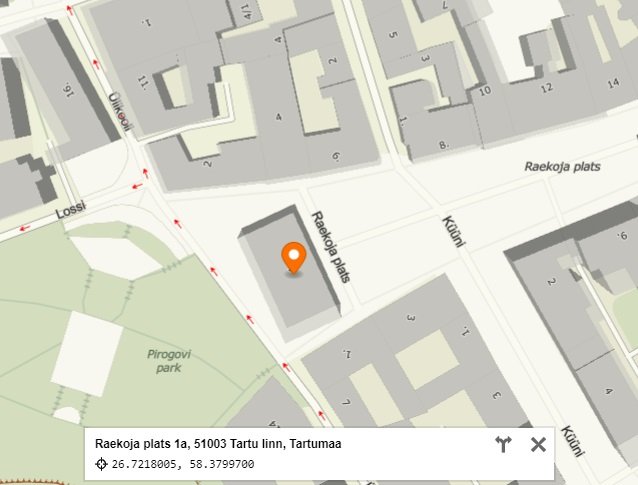
We can standardize the existing address database of the Baltic countries provided by the client into a normalized format and adding coordinates and postal codes, which are mandatory components of every postal shipment address. Address standardization is essential for businesses with large customer databases. Precise address data helps determine the location of entities. Every organization that requires accurate and up-to-date address information for any reason needs addresses. For instance, state emergency services, banking institutions, real estate companies, e-commerce stores, courier companies, taxi firms. Given the continuous growth of online commerce, a well-maintained address database becomes increasingly crucial.
Roads and Navigation
The roads and navigation database for the Baltic countries, encompassing Estonia, Latvia, and Lithuania, consists of a total of approximately 370,000 km of roads. The data in all three countries share a uniform structure and are seamlessly interconnected, enabling navigation from, for example, Tallinn to Vilnius. Road information is continuously updated based on various sources, including collaboration with government agencies, local authorities, data collection from registries, fieldwork, and comparisons with orthophotos and satellite images.
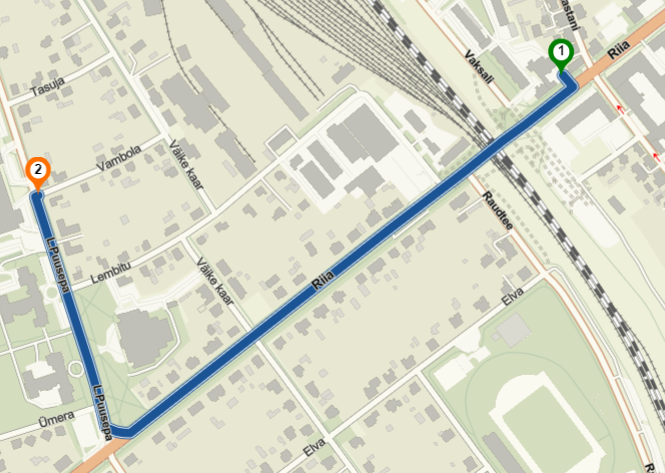
Regio navigation information database includes data about lanes and their connectivity, average vehicle speed, turning restrictions, time-based restrictions, vehicle-type-dependent restrictions, warning signs, directional signs, and more. Regio’s Baltic navigation data is the most accurate and assists companies in reducing logistic costs. Road and navigation information can be used to find the fastest or shortest route, optimize routes, and can help save time and fuel while enhancing arrival accuracy. Companies and organizations engaged in logistics, route planning, goods delivery, and those needing information about roads and routes require road and navigation information. This encompasses courier companies, taxi services, various transportation enterprises.
Buildings
The building database for the Baltic countries, encompassing Estonia, Latvia, and Lithuania, contains spatial shapes of buildings, mapped across all three countries in their entirety. The spatial shapes of buildings can be linked to addresses, and additional information is attached, such as building height and usage purpose, noting that a single building may have multiple designated usage purposes.
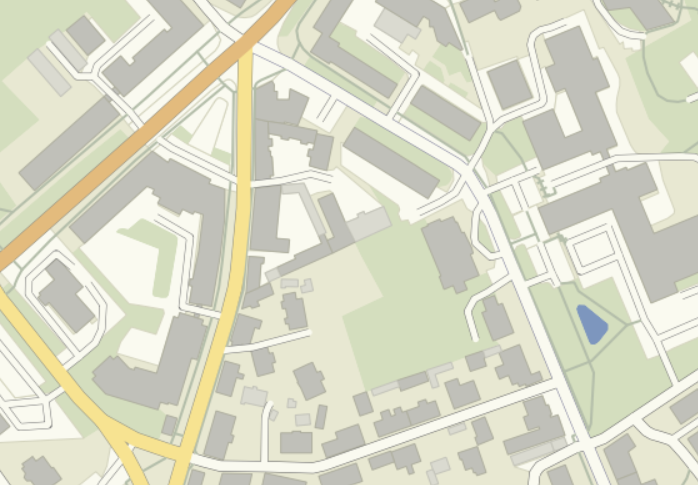
Buildings are updated based on orthophotos, national topographic datasets, extracts from the National Building Register (EHR), execution drawings, plans, and information provided by data users. The spatial shapes of buildings can be utilized in urban planning, property management, architecture and construction, real estate sales and maintenance, state emergency services, security, and tourism sectors. Building data allows for a better understanding of construction, functionality, and location of buildings, enabling users to visualize their position in space.
Landscape
The land cover database for the Baltic countries, encompassing Estonia, Latvia, and Lithuania, contains data about forests, water networks, parks, cemeteries, stadiums, and similar features across all three Baltic nations. Additional information, such as the object’s name, is provided where applicable. Data from all three countries are standardized, ensuring convenient data utilization.
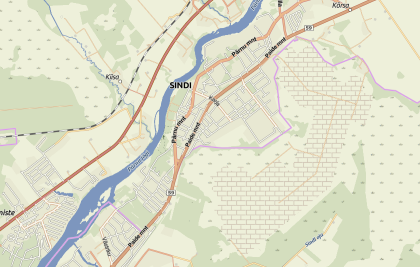
Upon the customer’s request, we can extract different layers from the database, organize, or gather desired data. Land cover data can be used for creating background maps, base maps, or thematic maps, whether for planning, construction, or spatial analysis purposes. We tailor vector and raster maps with varying levels of information density and content to the customer’s preference, suitable for computers, phones, and GPS devices.
Point of Interest (POI)
The database of attractions and points of interest (POIs) for the Baltic countries, encompassing Estonia, Latvia, and Lithuania, contains a total of over 174,000 objects. For selected categories, the extent of interesting objects is also presented as an area- Area of Interest. Data from all three countries are standardized, ensuring convenient data utilization. A wide range of objects from various categories have been collected and standardized. We collect, organize, and associate objects with coordinates, and if desired, we link various lists of objects based on the customer’s request.
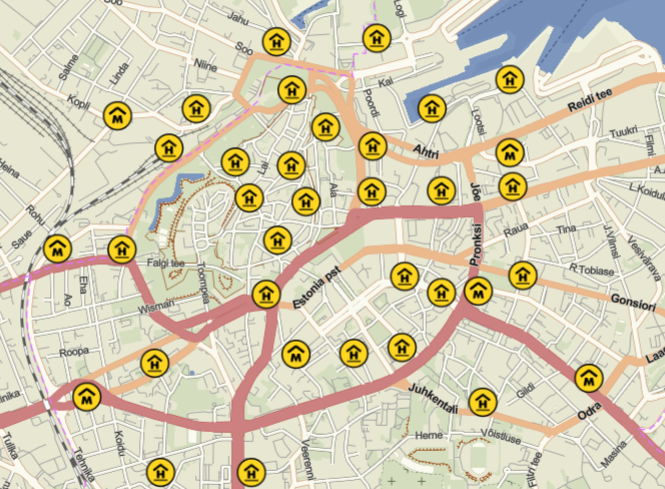
The Baltic POI dataset is unique, extensive, and continuously updated. Various sources are used for updates, including national registries, websites, tourism portals, customer and data user reports, etc. In today’s digital world, where movement, location-based services, and advertisements are becoming increasingly precise and effective, POI data is becoming ever more important. POI data is useful in various planning and analyses to gain an overview of existing objects or to identify potential new locations. POI objects such as attractions, museums, restaurants, hotels, parking lots, etc., are crucial for tourists, travelers, as well as operators in the accommodation, catering, and other tourism sectors. Businesses can utilize POI objects to discover new business opportunities and customers.
Customers feedback

“Our long-term partner Regio has been offering us various spatial datasets and provided us data processing and consulting services. Regio responses always promptly to our feedback, all requested amendments have been included and delivered on time. In addition, Regio team have always been helpful and are kindly willing to share their expert knowledge of maps and spatial data with us.”
Kaido Irdt, IT Product Owner, Information Technology and Development Center of the Ministry of the Interior

“We have found a partner whose commitment and vast experience have enabled us to take significant steps to improve our data quality. Regio team is looking beyond deadlines and provides a creative input in about everything related to spatial data, we valuate that highly.”
Tiiu Kelviste, Head of Spatial Data, Tartu City Government
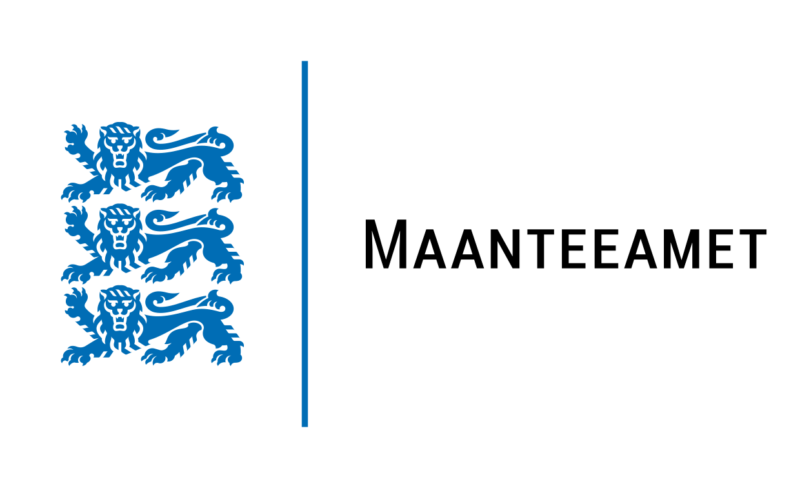
“Regio has been a partner of the Road Administration in the route calculation service. In addition to high-quality data, we also received comprehensive support in setting up and implementing our service. Regio always takes into account our feedback which results in maintaining and improving the level of their product. Communication is smooth and trouble-free.”
Hannu Ploompuu, Road Information Analyst, Road Administration
